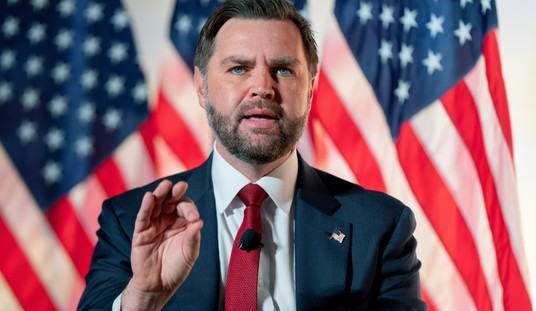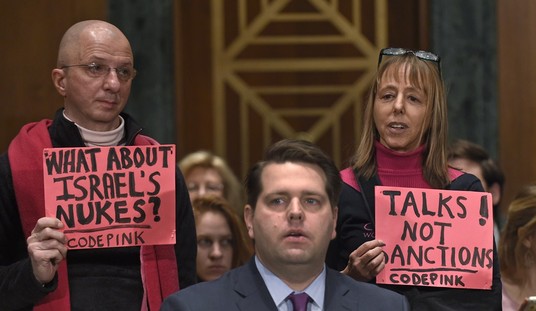The liberal cycle of statism, at its core, originates from a government-induced problem. When nobody is paying attention to an issue, liberals swoop in and impose a pernicious regulation or mandate on a private industry. That regulation lays dormant for a number of years like a ticking time bomb. Then, many years later, it blows up the industry. Liberals summarily swoop in to accuse private enterprise of raising costs on the poor, and demand that their “solutions” be enacted.
Nowhere is this cycle more evident than with the health insurance industry. During the 40s, Congress imposed wage controls on private employers, limiting the pay raises that could be doled out to employees. This destructive and unconstitutional act led employers to look for other means of compensation to attract talent and reward productive employees. This gave rise to the tax exemption for employer-provided health insurance officially created in 1954.
In short order, most employers began paying for the health insurance of their workers. This in turn distorted the market and tilted the playing field away from the individual. It also dramatically spiked the cost of health insurance by providing too much coverage and generating artificially increased demand. This system also shielded consumers from the real cost of the coverage. Hence, we are now stuck with a situation where those who don’t enjoy employer-provided coverage are holding the bag of higher costs – all brought to you by government’s infringement on the free market.
Conservative healthcare policy expert Avik Roy offers an insightful presentation on the inimical effects of government’s tendentious treatment of employer-based coverage at Forbes online. Here is the thrust of his argument:
Stanford Nobelist Kenneth Arrow famously described third-party insurance as one of the principal flaws in America’s health-care market. That is to say, because patients don’t pay for their health care directly, they’re insensitive to the cost and value of that care. But the 155 million Americans with employer-sponsored insurance in fact have fourth-party insurance. Not only do they not directly pay for their care, but they don’t directly pay for their third-party insurance.
It is, therefore, no surprise that insurers cave in when hospitals demand higher prices. Workers have no idea what their employers spend on their health plans, and therefore get upset when their employers buy insurance that doesn’t provide access to brand-name hospitals. “Of critical importance [to increased hospital leverage] was employer resistance to choice-limiting networks with few providers,” write the Health Affairs authors.
We’ve gotten to the point that almost 60% of those under 65 receive their health insurance from their employer. It’s bad enough that we have all this third-party money – from overused insurance to Medicare, Medicaid, and SChip – shielding consumers from the costs and distorting the natural market for healthcare. Fourth-party coverage, as Mr. Roy put it, is even worse. This system is unsustainable and must be reformed.
Instead of contemplating retaining some of the worst mandates under Obamacare in order to help the uninsured, Republicans should move to rectify the market-distortions created by government intervention.
There are obviously many different ways to inject more market forces into the system, but the lowest hanging fruit is the bias towards employer-based insurance. The least we can do is end government’s bias towards fourth-party payer healthcare and then work on the third-party elements (including Medicare and Medicaid) at a later date. This can be accomplished by either eliminating the tax preference for employer-provided health insurance or offering it to individuals as well, along with expansion of HSAs to include any insurance plan. Obviously, before we enact any new reforms, we must kill Obamacare to prevent employers from being further incentivized to dump people into the Obamacare exchanges.
It will take years and numerous reforms to restore the free market in healthcare from government control, but the least we can do is put an end to the special treatment of employer-based tax coverage.
Cross-posted from The Madison Project












Join the conversation as a VIP Member